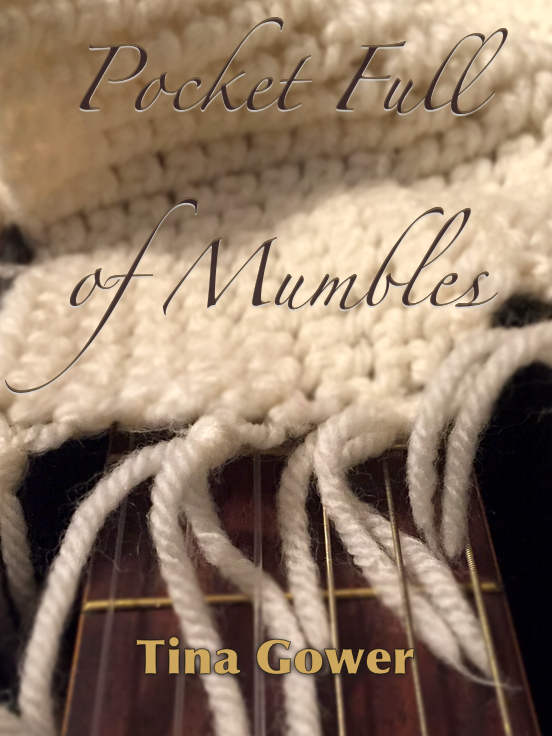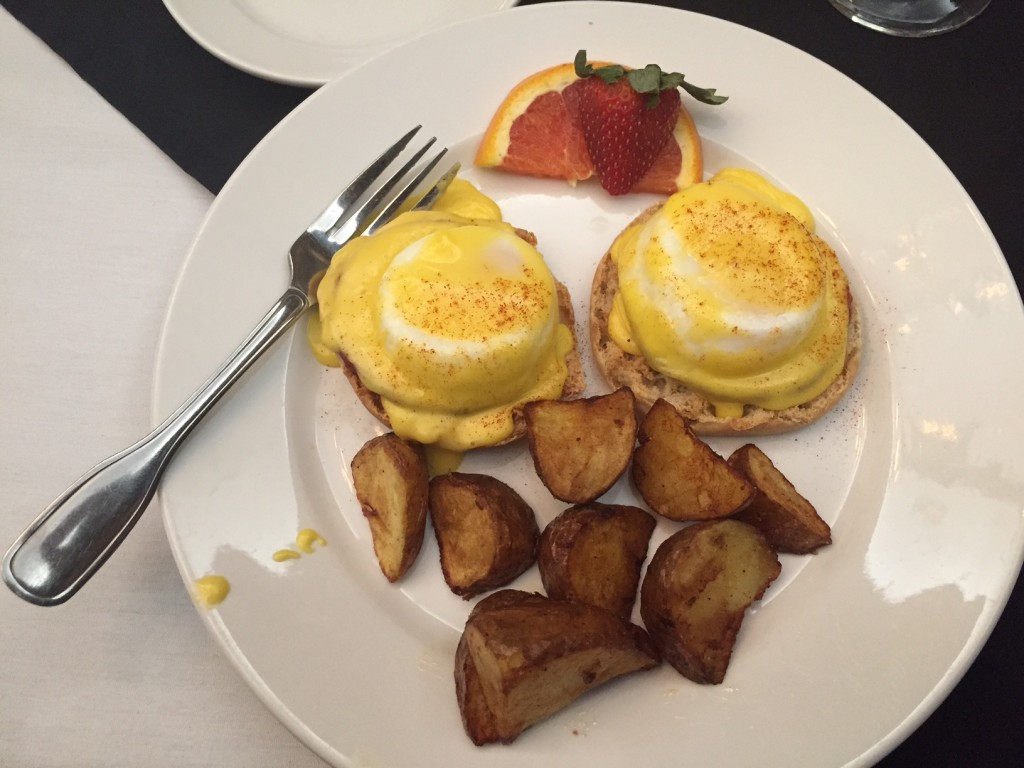A few months ago I attended a Romance Writers of America chapter meeting where Renee Bernard gave a talk on women, writing, and romance. Being in a pissy, judgy mood, I thought it would be boring. Yeah, yeah, we’re women and we write romance. Doesn’t that describe all of us? How is this going to be an interesting talk?
This is usually my first sign I need to go. Desperately.
I have this funny thing about myself. I like to be challenged in my thoughts. When I find myself convinced of something I can’t help but to seek out the other side of the argument. Maybe it’s leftover from being a counselor. Maybe it’s because I can’t help but to be empathetic. Maybe I just like to know all sides to every point. In any case, I have this habit and I kinda like it.
So, as you can intelligently deduct, I did go, and I LOVED it. I’m a sucker for humor and Renee is hands-down one of the funniest people I’ve met. She’s got an engaging personality and if she was reading the dictionary with her opinions inter-spliced—I’d have sat there happily for hours.
One of the stories she told was about our chapter. She had gone to a RWA (Romance Writers of America) meeting when she was a new writer. She attended our chapter at a time when none of the members who run it now were there (important point!) Anyway, she had gone right after her first novel sale and proudly announced the sale at the meeting, hoping to get praise for her accomplishment.
Our chapter gives out chocolate for good news of all kinds, even chocolate for bad news. In fact, if you don’t want random chocolate you just don’t raise your hand. Back then, you only got chocolate if you sold. And so the lady handed Renee her earned chocolate. Then each person went around and gave the details of their sale. Renee told them who had bought her novel.
The chapter president repeated the information and then looked at her sadly…then TOOK HER CHOCOLATE AWAY. Apparently the sale didn’t count because it was not to an RWA approved publishing house. It was to a small press.
Something like that wouldn’t happen in our chapter today. The room erupted in collective gasps. In today’s world of indie and self-pub and every flavor of publishing—having an elitist mindset is sort of shocking. For clarification, it isn’t elitist to want to publish to a big five traditional publisher, but maybe it is a bit elitist to think that is the *best* way or the most respectable way. It’s just the best way for some people, but not everyone.
The story hit home for me. When I first took writing seriously, I joined a number of online groups. Wanting badly to improve my writing, I sought out other writers to exchange stories with and get critiques. I’d get a feel for the person, usually admiring them in some way and then send a note to feel out the interest. People either had time or they didn’t and that’s fine. Some people already had a large number of people they exchanged with and adding one more person would be too much. Critiquing is time consuming. I always appreciated the kindness most writers expressed. The majority of writers I’ve come across are caring people, who want to see their fellow writers succeed (and then help them succeed, right 😉
But I did once (maybe twice) get a strange reaction to my request for critique. People I’d admired were unkind in their way of saying no. Now, it’s okay to say no, or no thanks, or not right now. Those are all acceptable responses. But sometimes people felt the need to point out that I had no credentials as a writer (at the time I’d only sold to Chicken Soup for the Soul and I wasn’t very vocal about it, maybe that was my own fault for painting myself as a complete newbie). They went further to assume it would be a waste of time (using not those exact words) to exchange with me, as they were more interested in exchanging with people “more on their level.”
I brushed off those comments and moved along. It’s not at all helpful to dwell on those kinds of observations by other writers. People find success sometimes at surprising times. Someone who looks like a total newb could be a break out writer in just a few months, a year later that same writer could be making millions on Amazon. Writing for ten years, but suddenly finding their groove—they could maintain that speed or in another year be down on their luck again.
That is a writing career. Take it or leave it. It’s unpredictable who will be successful at any stage of the game.
As it turns out I did find success within the year. I one day found myself in the strange position of having one of those unkind writers write me (probably having forgotten that they’d had an email exchange with me a year before) and ask to exchange stories.
I had several choices. One, I could simply say no. Two, I could say no and attach the email they’d once sent me and rub my success in their face. Or three, I could show compassion.
I did exchange stories with this person. And later after several email exchanges I realized I really liked this person (maybe because they complimented me on my writing and liked my critique style…I can be bought, I guess). I did bring up our encounter a year before. They didn’t remember completely, but they said they were a bit of a snob when they first came into the writing forum. But, by doing it this way, this person was shown what it was to show a new writer kindness. And I hoped I saved one less ego-driven writer from the world.
Show kindness.
One caveat. If I show compassion and they are jerks, then throw them to the wolves. I’m nice, but not a pushover.
I love comments! If you leave a comment, you ride the compassion rainbow of love and glitter will stream from your eyes and ears as you spread amazing writerly kindness. Too much? I don’t think so.


